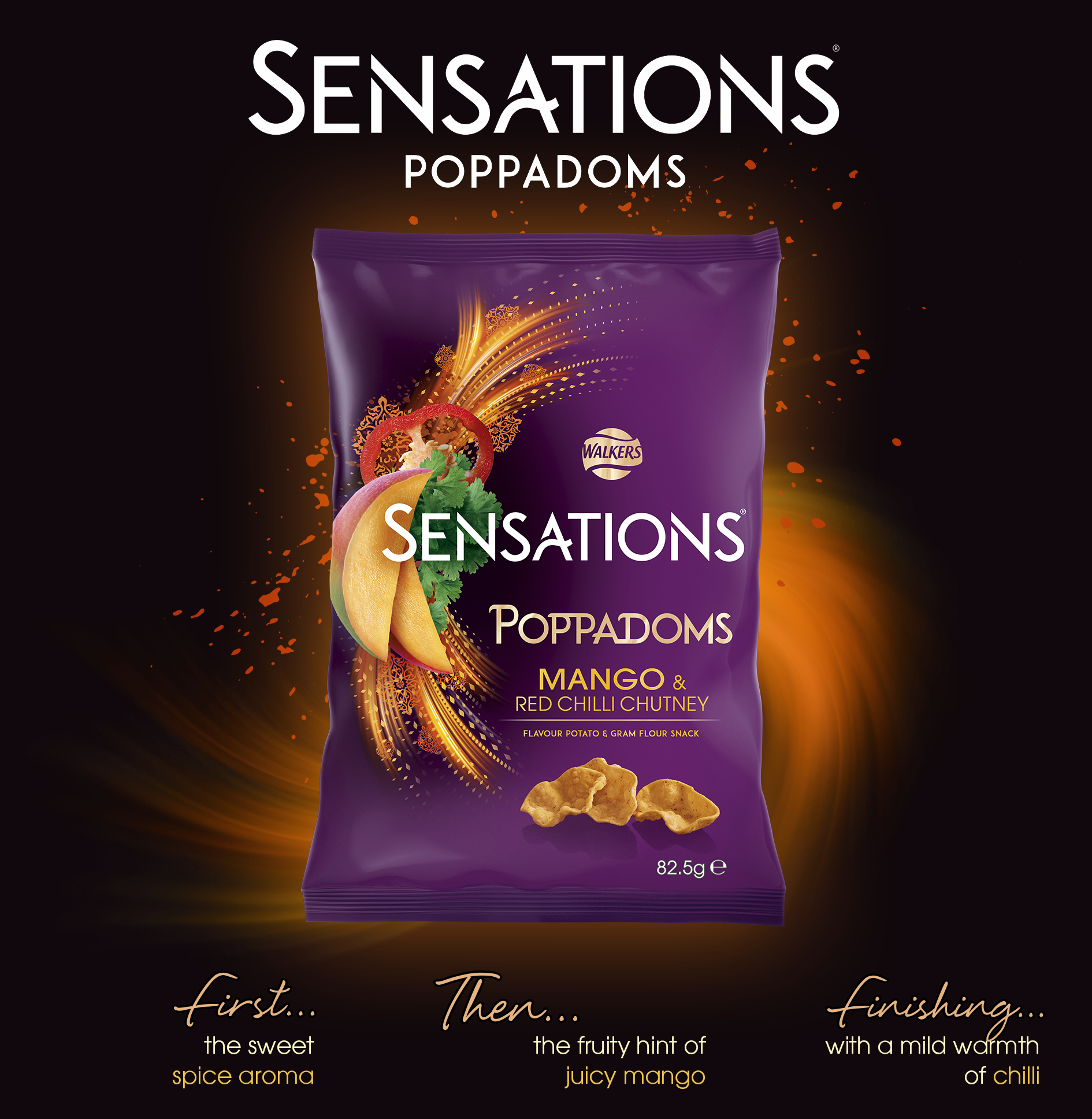Walkers' Sensations Poppadoms: A Crisp Debate in VAT Classification
Posted by Emily on 20th Jan 2024 Reading Time:
In a recent high-profile VAT case, Walkers, a prominent crisp manufacturer owned by PepsiCo, found itself at the centre of a tax classification debate over its product, Sensations Poppadoms. The company's argument that these snacks were poppadoms rather than crisps and thus deserving of a zero VAT rate was met with scepticism and ultimately rejected by the tribunal.

Image & Copyright: https://www.sensationssnacks.co.uk
Background and Legal Context
The UK's VAT (Value Added Tax) is applied differently based on product classification. While some food items are zero-rated, others, like crisps, incur a standard VAT rate of 20%. Walkers' central argument was that its Sensations Poppadoms fell into the zero-rated category, aligning more with restaurant food, which typically requires further preparation before consumption, as opposed to being a standard-rated packaged snack like crisps.
Walkers' Arguments and the Tribunal's Rebuttals
Naming and Marketing: Walkers posited that naming the product 'Poppadoms' and marketing it as complementary to Indian meals distinguished it from standard crisps. However, Judge Anne Fairpo dismissed these claims, emphasising that product naming does not alter its inherent nature.
Product Design and Usage: The company also argued that the snack's design, intended for dipping, differentiated it from traditional crisps. The tribunal also refuted this, noting the lack of supporting evidence on the packaging and in advertising materials.
Ingredient Analysis: Walkers contested the significance of potato content in the product, asserting that potato granules should not be equated with standard potato crisps. However, the tribunal found that the substantial potato content, about 40%, warranted a classification similar to potato crisps.
Implications of the Ruling
The tribunal's decision holds significant financial implications for Walkers. The company faces a substantial tax liability with the product classified under the standard-rated VAT category. This ruling also sets a precedent in the snack industry, highlighting the importance of ingredients and marketing in determining VAT classification.
Industry Perspective
Experts in VAT law and food science emphasise the need for careful consideration during product development to avoid costly VAT misclassifications. The case underlines the complex nature of VAT law and its impact on product innovation and marketing strategies within the food industry.
Conclusion - The tribunal's ruling against Walkers in the Sensations Poppadoms VAT case underscores tax law's intricate and often nuanced interpretations. It serves as a reminder to companies about the critical role of accurate product classification and the potential financial risks of misinterpretation.

